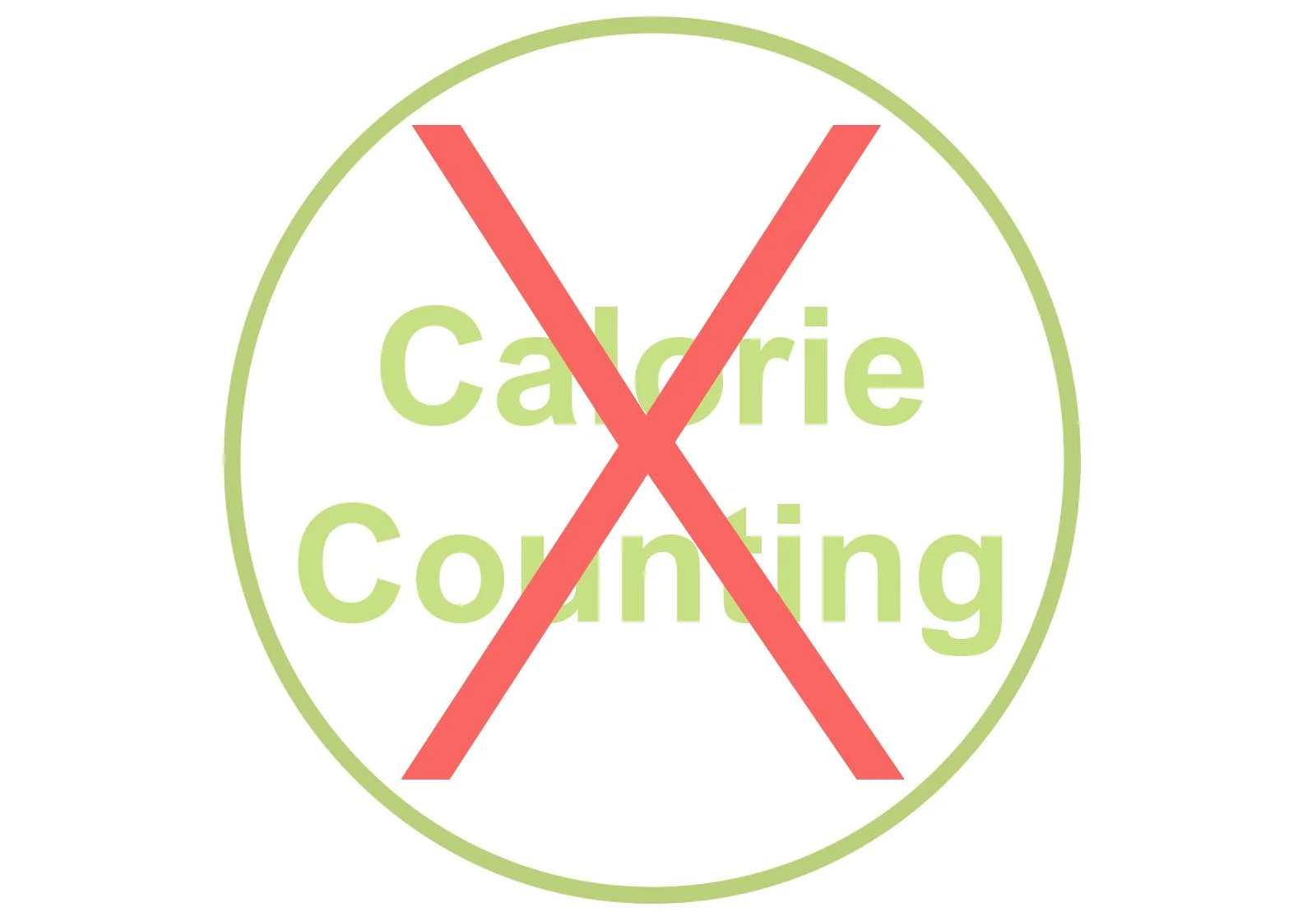Non-Diet Dietitian Nutritionists: Your Allies in Healing from Binge Eating Disorder
Welcome! This article is dedicated to helping you understand how Non-Diet Dietitian Nutritionists address Binge Eating Disorder (BED). The goal is to provide accurate information, debunk common myths, and highlight the crucial role of a registered dietitian nutritionist in its treatment.
The Rise of Calorie Counting and Diets
In today's world, many people are interested in cutting calories and losing weight. In 2023, platforms like TikTok have seen an overwhelming number of views on topics related to calorie counting and achieving a calorie deficit. The popularity of hashtags like #CalorieCounting and #CalorieDeficit suggests a significant desire among billions of individuals to alter their calorie intake for weight loss purposes.
The Problem with Diets
New fad diets continue to emerge daily promising quick and easy weight loss. The fact is, diets don’t work. In my experience, diets are ineffective in the long term and cause harm. Restricting calories and engaging in dieting practices are major risk factors for the development of a life-threatening eating disorder, such as Binge Eating Disorder (BED).
Understanding Binge Eating Disorder
Binge Eating Disorder, recognized as the most common eating disorder in the United States, is commonly misunderstood. Let's dispel some misconceptions and present the facts:
Binge Eating Disorder is more than occasional overeating: It involves recurring episodes, at least once a week for over three months, where individuals consume significantly more food in a short period than most people would under similar circumstances. These episodes are accompanied by a feeling of distress and a lack of control.
Binge Eating Disorder can affect people of any size: Contrary to the myth that only individuals in large bodies can have BED, this disorder can affect individuals of all body sizes.
Willpower alone cannot control Binge Eating Disorder: Unlike the misconception that BED can be controlled by sheer willpower, it is a mental health diagnosis that requires comprehensive treatment.
The Role of a Registered Dietitian Nutritionist
A registered dietitian nutritionist (RDN) plays a crucial role in the treatment of Binge Eating Disorder. By adopting an "all food fits" and Health at Every Size (HAES)Ⓡ approach, an RDN can provide support in various ways:
Comprehensive assessment: RDNs conduct an in-depth assessment to understand individuals' eating patterns, triggers for binge eating, and overall nutritional status.
Structured meal plans: RDNs develop balanced meal plans to help individuals establish regular eating patterns and reduce the likelihood of triggering a binge.
Education and dispelling myths: RDNs provide education about healthy eating habits and portion control, and debunk common myths about food and weight.
Collaboration with therapists: RDNs work closely with therapists and mental health professionals to implement behavioral strategies, such as mindfulness techniques and cognitive restructuring, to help individuals manage their thoughts and emotions related to food and eating.
Ongoing support and accountability: RDNs offer continuous support, monitoring individuals' progress, and ensuring adherence to the treatment plan.
Body image concerns: RDNs address body image concerns and help individuals foster a positive relationship with their bodies and food.
Seeking Help and Comprehensive Treatment
It's crucial to understand that Binge Eating Disorder is a complex mental health condition. Effective treatment often requires a multidisciplinary approach involving medical management, therapy, and support from a healthcare team. If you or someone you know is struggling with binge eating or any eating disorder, seeking help from a registered dietitian nutritionist is essential for a comprehensive and personalized treatment plan.
We are committed to promoting a holistic understanding of Binge Eating Disorder and supporting individuals on their journey toward healing and recovery.
Remember, you are not alone, and help is available. Reach out to us to take the first step towards a healthier relationship with food and yourself. Together, we can make a difference!
Until next time—
Hi! I’m Carolyn
I’m a registered dietitian-nutritionist and certified health coach. I am passionate about helping people discover the best ways to fuel their unique bodies to feel better physically and mentally.
I would love to help you on your path to optimal health!
Search the Blog:



